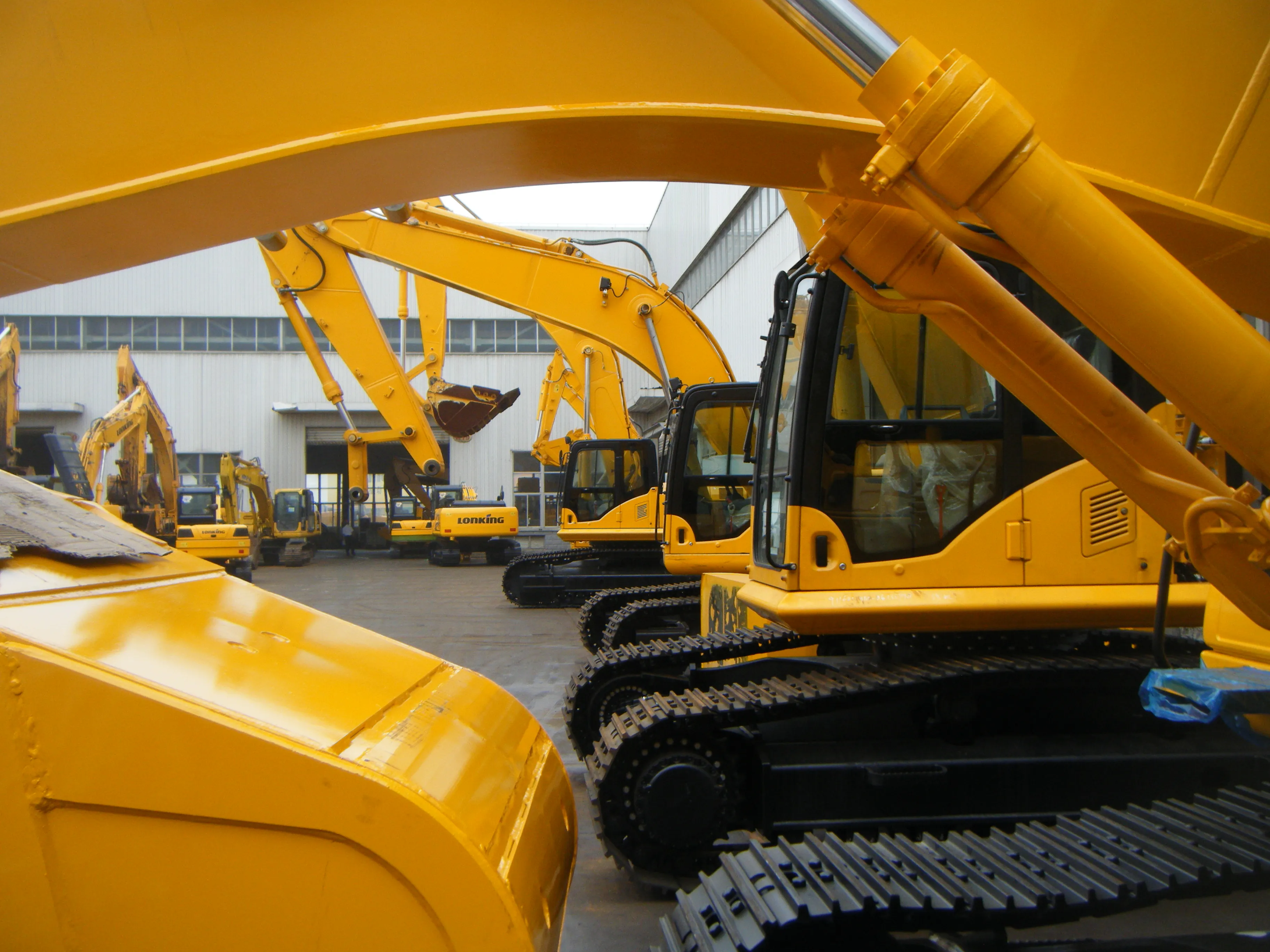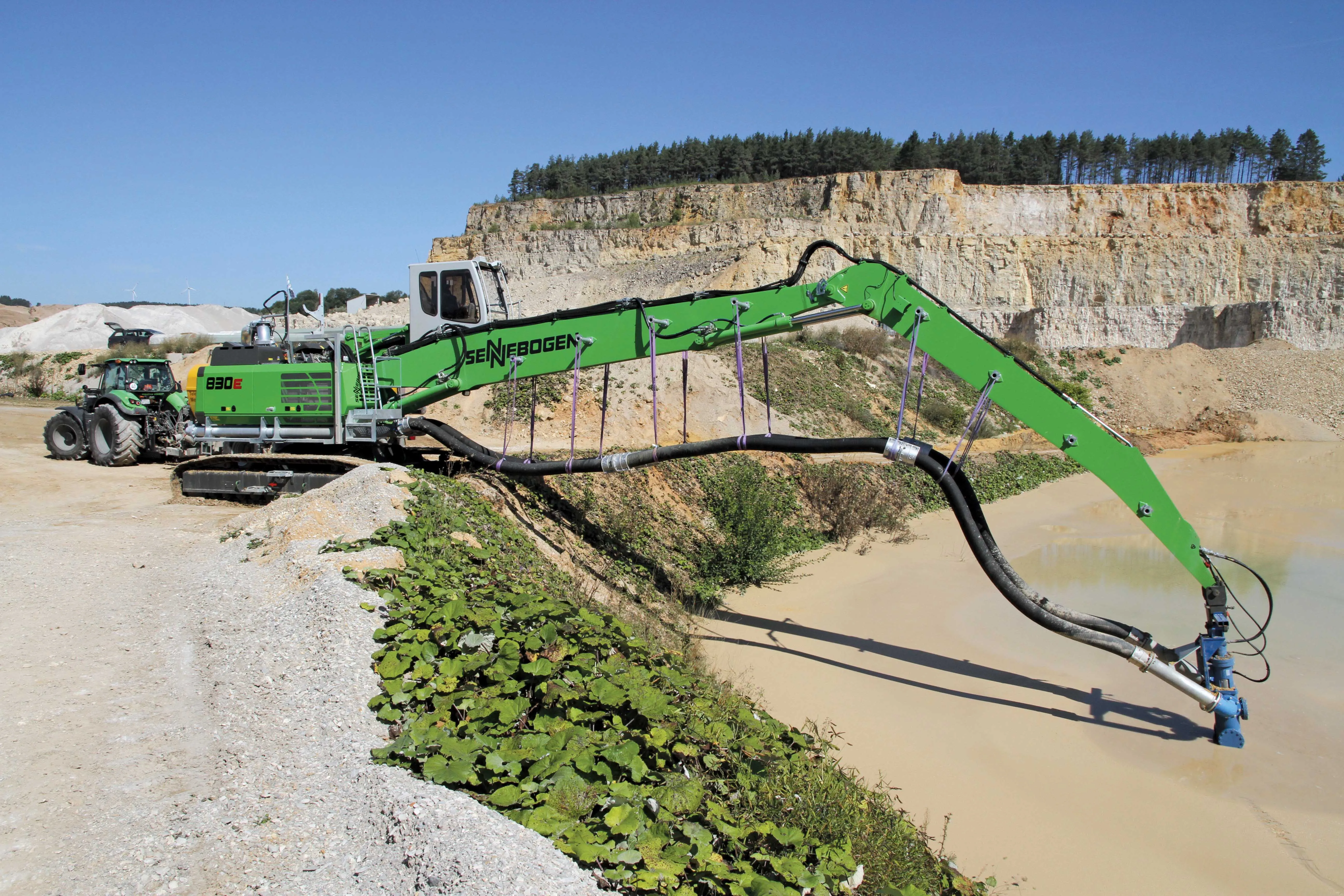Hitachi Construction Machinery (Europe) NV (HCME) and Shell are now working together on testing the Shell GTL (gas-to-liquids) fuel in construction operations. The latest range of Hitachi Zaxis-5 excavators is being used to trial the innovative liquid fuel. This concept is being tested as a potential solution to environmental and quality concerns surrounding conventional crude oil-derived diesel. The test programme has been developed as a solution for cleaner burning fuel products. This is in response to th
November 15, 2013
Read time: 3 mins
Shell GTL Fuel is produced from natural gas in a chemical transformation process. It is colourless, almost odourless, highly biodegradable and can help to reduce local emissions and engine noise in certain types of engines and under certain driving conditions. It has a high cetane number (75/80 versus 48/56 for refined diesel), burns more cleanly, and produces fewer nitrogen oxides, sulphur oxides and particulate matter than regular diesel.
Shell has over 35 years of research in this field and is a leader in GTL technology and production. HCME switched over to Shell GTL Fuel for the first fill of the machines at its Amsterdam factory in May 2013 with the aim of achieving a consistently high level of fuel quality.
According to Hitachi, Shell GTL Fuel is compatible with existing diesel technology and supply infrastructure. It can be used in existing fleets of both new and older heavy-duty diesel engines but without the need for any modifications, cleaning of fuel systems or additional investment. This makes it a cost-effective, easy-to-use and -implement solution.
HCME has been using a ZX210LC-5 medium excavator for a Shell GTL Fuel storage stability test. The purpose was to run the engine for the minimum amount of time, so that the fuel was stored for as long as possible in the tank under the most demanding conditions. These equate to long-term storage under various ambient conditions, from winter through to summer, with the occasional warming up of the engine for a short period of time.
In addition, HCME and Shell sanctioned a cold operability test with two Stage IIIB-compliant ZX470LCH-5s in Norway earlier this year. The Zaxis excavators are owned by one of the country’s largest Hitachi customers, Carl C Fon, which was engaged on a significant road construction project. The temperatures plummeted to -20°C on the demanding site, which were deemed as ideal conditions for the test. Reports from the site say that there was no difference in performance between the Shell GTL fuel and standard fuel.
The basic technology behind GTL is the German Fischer-Tropsch process, which was developed in the 1920s and refined by Shell’s proprietary technology. Firstly, the natural gas is converted into CO and H2, which are then combined in the Fischer-Tropsch process to form paraffins. These are refined (through hydrocracking) into various synthetic products, including GTL fuel. Shell opened its first GTL production plant in Bintulu, Malaysia, in 1993 and inaugurated the world-scale Pearl GTL plant in Ras Laffan, Qatar, in 2011. The plant has a capacity to produce around 140,000 barrels of GTL products/day, including fuels, chemical feedstock and lubricant base oils.







